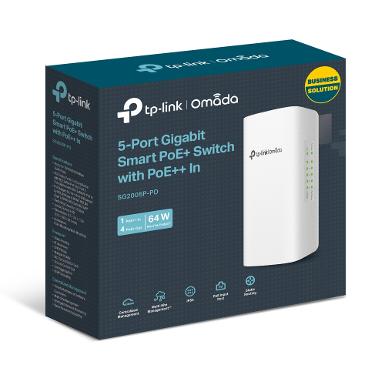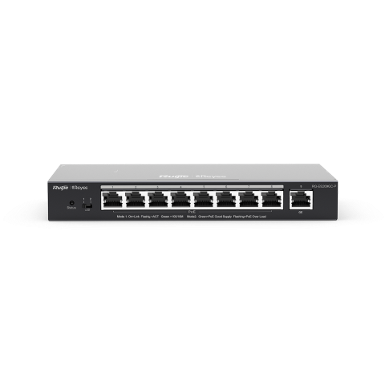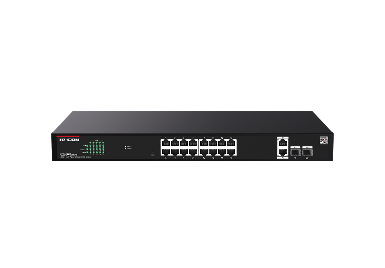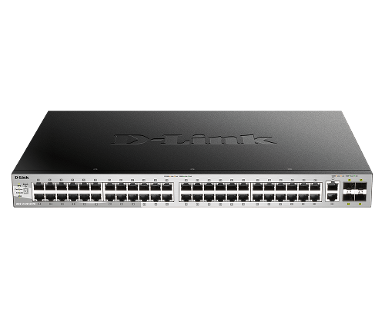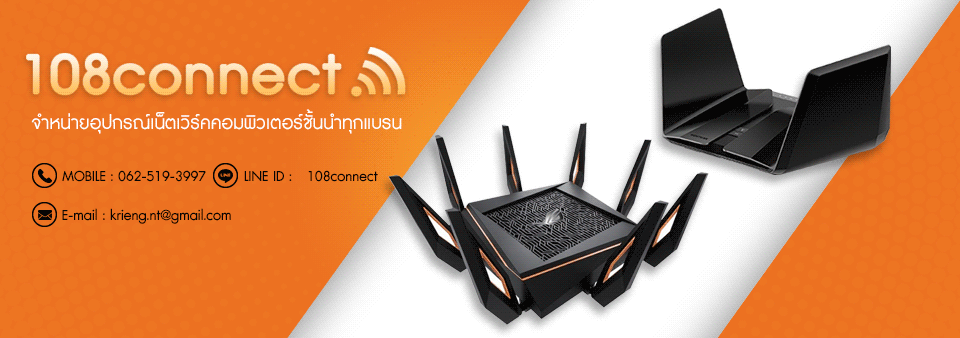
062-5193997 , 02-4582949
TP-LINK TL-SG3210XHP-M2 8-Port PoE+ 2.5GBASE-T L2+ Managed Switch with 2 10GE SFP+ Slots
 เพิ่มเมื่อ: 2024-08-07 12:15:16.0
เพิ่มเมื่อ: 2024-08-07 12:15:16.0 แก้ไขล่าสุด: 2024-08-07 12:19:54.0
แก้ไขล่าสุด: 2024-08-07 12:19:54.0
 เบอร์โทรติดต่อ: 062-5193997 , 02-4582949
เบอร์โทรติดต่อ: 062-5193997 , 02-4582949 อีเมลล์: krieng.nt@gmail.com
อีเมลล์: krieng.nt@gmail.comTL-SG3210XHP-M2 JetStream 8-Port 2.5GBASE-T and 2-Port 10GE SFP + L2+ Managed Switch with 8-Port PoE+
TP-LINK TL-SG3210XHP-M2
TL-SG3210XHP-M2 JetStream 8-Port 2.5GBASE-T and 2-Port 10GE SFP + L2+ Managed Switch with 8-Port PoE+
2.5G PoE+ Ports for WiFi 6 : 8× 2.5 Gbps ports smash the gigabit barrier and unlock the full potential of WiFi 6 APs.
10G Lightning-Fast Uplink : 2× 10 Gbps SFP+ slots enable high-bandwidth connectivity and non-blocking switching capacity.
240 W PoE Budget : 8× 802.3at/af-compliant PoE+ ports with a total power supply of 240 W*.
Integrated into Omada SDN : Zero-Touch Provisioning (ZTP)**, Centralized Cloud Management, and Intelligent Monitoring.
Centralized Management : Cloud access and Omada app for ultra convenience and easy management.
Static Routing : Helps route internal traffic for more efficient use of network resources.
Robust Security Strategies: IP-MAC-Port Binding, ACL, Port Security, DoS Defend, Storm control, DHCP Snooping, 802.1X, Radius Authentication, and more.
Optimize Voice and Video Applications : L2/L3/L4 QoS and IGMP snooping.
Interface :
• 8× 100/1000/2500 Mbps RJ45 Ports
• 2× 10G SFP+ Slots
• 1× RJ45 Console Port
• 1× Micro-USB Console Port
Fan Quantity : 2
Power Supply : 100-240 V AC~50/60 Hz
PoE Ports (RJ45)
• Standard: 802.3at/af compliant
• PoE+ Ports: 8 Ports
• PoE Power Budget: 240 W*
Dimensions ( W x D x H ) : 17.3 × 7.1 × 1.7 in (440 × 180 × 44 mm)
Mounting Rack Mountable
Max Power Consumption :
• V1: 291.49 W (110V/60Hz) (with 240 W PD connected); 17.24 W (110V/60Hz) (no PD connected)
• V2: 292.0W (110V/60Hz) (with 240 W PD connected)
Max Heat Dissipation :
• V1: 994.56 BTU/h (110 V/60 Hz) (with 240 W PD connected); 58.82 BTU/h (110 V/60 Hz) (no PD connected)
• V2: 996.35 BTU/hr (110 V/60 Hz) (with 240 W PD connected)
Switching Capacity : 80 Gbps
Packet Forwarding Rate : 59.52 Mpps
MAC Address Table : 16 K
Packet Buffer Memory : 12 Mbit
Jumbo Frame : 9 KB
Package Contents :
•TL-SG3210XHP-M2 Switch
• Power Cord
• Quick Installation Guide
• Rackmount Kit
• Rubber Feet
System Requirements : Microsoft® Windows® 98SE, NT, 2000, XP, Vista™ or Windows 7/8/10/11, MAC® OS, NetWare®, UNIX® or Linux.
|


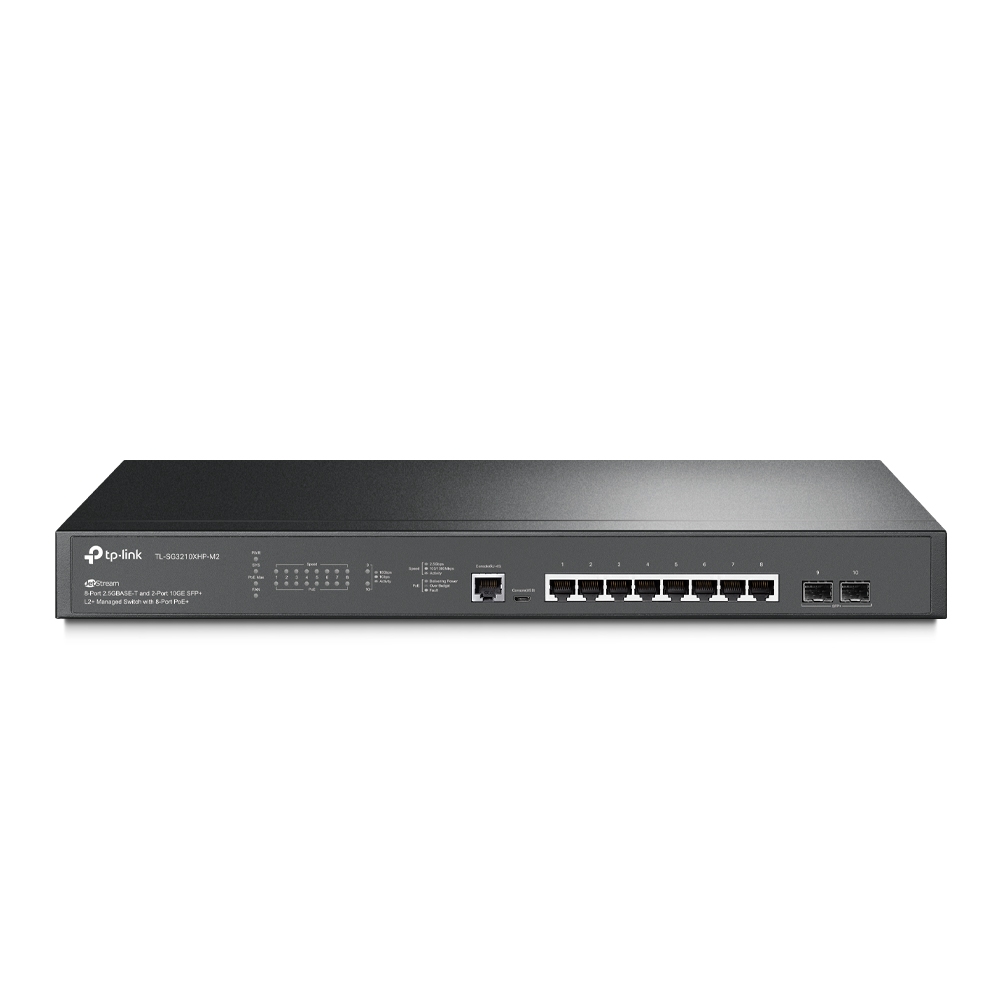
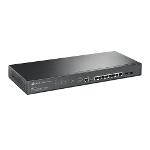
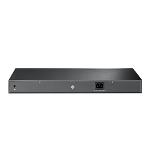




 สินค้าที่เกี่ยวข้อง
สินค้าที่เกี่ยวข้อง